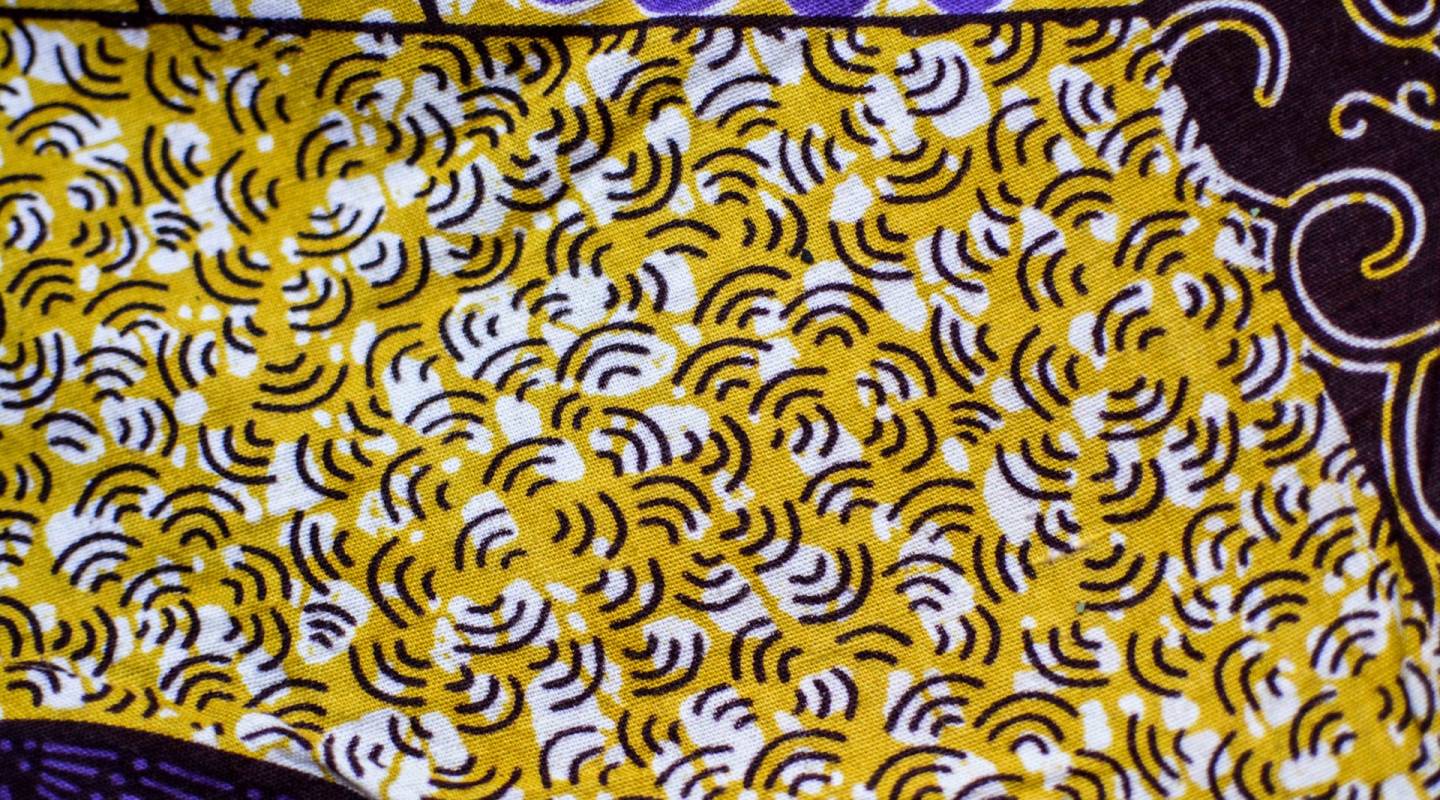
Côte d'Ivoire
Capital city — Yamoussoukro
Country population
i2017/ World BankIncarceration rate (per 100,000 inhabit…
i31/05/2017/ Department of penitentiary administrationType of government
Human Development Index
Homicide rate (per 100,000 inhabitants)
Name of authority in charge of the pris…
Ministry of JusticeThe Department of…
Total number of prisoners
i31/05/2017/ Department of penitentiary administrationPrison density
i2017/ Department of penitentiary administrationTotal number of prison facilities
i2017/ Department of penitentiary administrationAn NPM has been established
Female prisoners
i2017/ Department of penitentiary administrationIncarcerated minors
2.2 %In June 2017, gir…
i2017/ Department of penitentiary administrationPercentage of untried prisoners
i2017/ Department of penitentiary administrationDeath penalty is abolished
yes, since 2015The death penalty…
Daily life
Activities
All prisoners are entitled to spend at least one hour a day in the open air
Prisoners have access to an exercise yard. Hours of operation vary from prison to prison.
The prison service offers activities to prisoners
in most establishments
Prisoners have acces to many activities mainly runned by the prisoners themselves.
There are designated places for physical activities and sports
Football matches can be organized in the courtyard.
The authorised activities, by the administration, are organised and runned by the prisoners themselves.
Everyone can have access to activities, Hours of operation vary from prison to prison.
The morning opening hour of the cells is called the “décalage.” It takes place at 9:00 am, except on Mondays because the guards have to do security rounds after the weekend. Prisoners responsible for chores leave their cells before décalage to complete their tasks. All prisoners return to their cell at 4:00 pm. The “sharks” are the prisoners in charge of bringing prisoners in from the exercise yard when they miss roll call.
Work
Work is compulsory
Variation in the number of prisoners who work
yes
Work in prison is possible but not required. Refusal to work is not repressed.
Prisoners work on a voluntary basis for the prison administration, inside or outside the prison (near the prison, as in the case of the prison camp of Bouake). Some prisoners work in the infirmary, the kitchen or the garage, and others do market gardening.
The prison administration organizes job distribution.
Prisoners don’t have the right to an employment contract.
Maximum daily/weekly working hours are set, including at least one day of rest
Labour law does not apply in prison.
Prisoners are paid for their work
no
Prisoners have the right to join trade unions
Education and vocational training
Education is available for all prisoners
The legislation allows access to education for all detained persons. But in practice, this right is not respected.
The prison service implements measures to fight illiteracy
There is no real literacy policy in adult prisons.
Prisoners are allowed to pass diplomas and entry examinations
Prisoners have the right to pursue education and take competitive exams.
-
In 2017, a prisoner was granted authorisation to leave the prison to take the BEPC exam, the first level of secondary school exam. However, this is an isolated case.
Vocational training is provided
yes
Training courses such as tailoring, carpentry, mechanics, and basic agriculture are provided in prisons.
Vocational training is available for all prisoners
A building is dedicated to reintegration activities: carpentry, bakery, mechanics and sewing.
Inmates who have the necessary skills are not able to train other inmates.
Access to information
Prisoners have access to a television
yes
The price to have access to television is at the prisoners own cost.
Prisoners have access to the press
The prison service allows access to Internet
no
Internet is not available in prison.
Religion
The most represented religions in prison are Muslims and Christians.
Prisoners are free to practice their religion and follow their beliefs
yes
Dedicated places of worship are available
in most establishments
There are dedicated places for Muslims and Christians to pray.
There are chaplains in the prisons
yes
The prison service remunerates the chaplains
no
External actors
Individuals or organisations from the outside are allowed to participate in prison activities
The main organisations authorised to enter prison are the followings :
International organisations such as:
- The European Union
- The European Development Fund
- The United Nations Office on Drug and Crime
- The United Nations Operation in Côte d’Ivoire (through to 30 June 2017)
- The United States Agency for International Development (USAID)
- French cooperation
- German cooperation
- Expertise France
NGOs involved in prison issues like:
- The Ivoirian Human Rights League
- The Ivoirian Human Rights Movement
- The Ivoirian Human Rights Observer and the ACAT (Action by Christians Against Torture) work mainly on pre-trial detention conditions and on prison inspection.
- The NGO N’gboadô organises restoration work on certain buildings, and concerts inside prisons.
NGOs implicated in humanitarian assistance as:
- The International Committee of the Red Cross (ICRC) makes regular visits. It distributes cleaning products, agricultural products, directs a nutrition program and makes repairs to infrastructure.
- Doctors Without Borders and Secours Catholique provide medical consultations at the jail in Abidjan (MACA).
- Prisoners without Borders support agricultural production, repair buildings and help reduce pre-trial detention.
- The International Catholic Child Bureau (BICE) builds quarters for minors in some of the jails.
Not all jails are equally supported by these organisations. Efforts are concentrated on the MACA.
Financial resources
Prisoners are allowed to make use of financial resources
Financial resources are accessible
in cash
Most prisoners are indigent. It is not common for cash to circulate in detention.
Some detainees have financial resources from their relatives. This money is kept in savings accounts by the prison administration, which gives it to prisoners whenever they express the need.
Destitute prisoners receive financial or in-kind support
Prisoners may receive material assistance from religious communities.
Expression of prisoners
Prisoners have the right of association
no
Prisoners have the right to vote
no